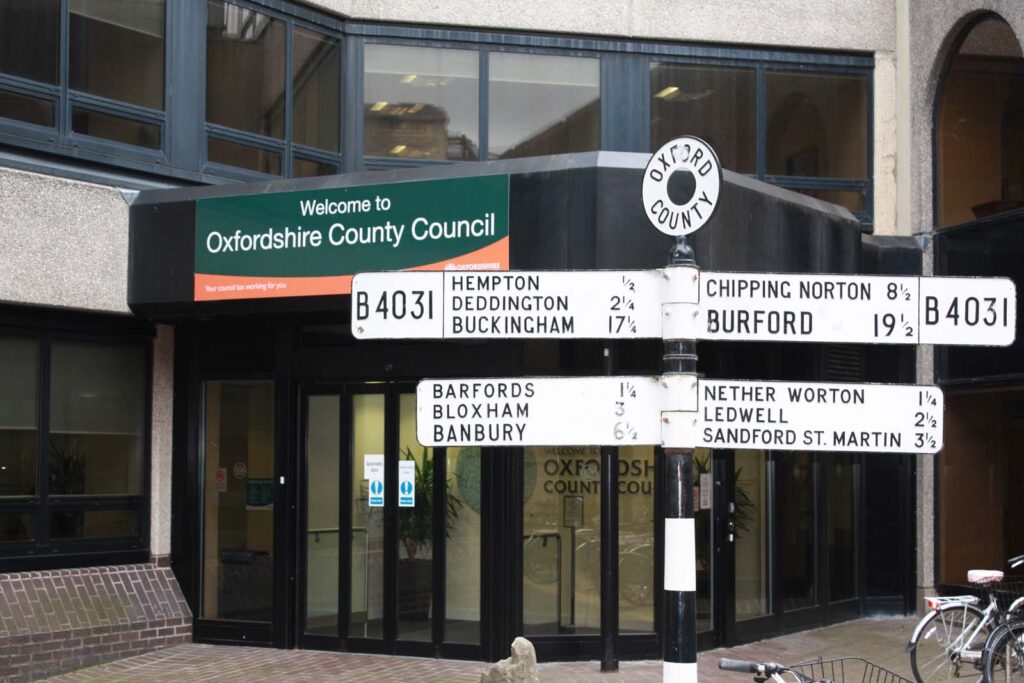The Essex local authoritys cabinet will meet on Thursday (September 8) to discuss the proposals, which are made in a document entitled Municipal Waste Management Strategy 2011-18 and an accompanying report.
They include moving from the use of more than one vehicle for waste and recycling collections to a single-pass collection approach, introducing a subscription-based green waste service and replacing large food waste bins with smaller kitchen caddies. Uttlesfords waste and recycling collections are run in-house.
The plans, which would be introduced in April 2012, also include a move to reduce bring bank provision for glass at the same time as glass is added to the list of dry recyclables collected commingled at the kerbside and removing the trade cardboard recycling service.
Initial cost
While the changes would involve an initial 346,000 implementation cost in the current financial year and 86,000 in 2012/13, the council estimates they would deliver a net saving of 241,000 in 2012/13, 413,000 in 2013/14 and just under 525,000 from the third year onwards.
In the strategy, the council explains that the changes are needed as part of its efforts to rationalise services and improve efficiencies, as well as the need to work towards Essexs joint waste strategy, which targets 60% recycling county-wide by 2020 and the source-segregated collection of organic waste.
It also highlights the opportunity presented by the need to renew the councils vehicle fleet. The strategy states: This is a key opportunity to achieve efficiency savings from the waste management operations provided by the council.
Several options have been explored for the replacement of the vehicles giving consideration to the geography of the district, the current collection system in place, and efficiencies which could be made to the current collection system.
These would not only reduce the operational costs of the service but also improve the environmental performance of the council through a reduction in the Councils carbon footprint and greater diversion of material.
The fleet changes had been scheduled for 2013, but the council now proposes to make them in April 2012 so it can implement the changes to its collection approach in 2012/13.
Single-pass
Currently, Uttlesfords 32,000 properties receive an alternate weekly collection of residual waste and dry recyclables, using 240 litre wheeled bins. Households also have their food waste collected in a 140 litre wheeled bin.
However, under the proposals, food waste would instead be collected using a 23 litre food waste caddy. As a result, the council could then collect food waste at the same time, using the same vehicle, as residual waste or dry recycling, rather than by using a separate vehicle as is currently the case.
This would be accompanied by a move to a four-day, Tuesday to Friday, working week for collection crews. To ensure this works, the council explains that: Work has been done to optimise collection routes to ensure that collection rounds can be run as efficiently as possible in terms of fuel consumption which will in turn reduce the carbon footprint generated by the Councils waste collection operations.
At the same time, glass would be added to kerbside dry recycling collections. Currently, dry recycling collected in Uttlesford is reprocessed under an agreement with Holmen Paper, which sends the material to Nordic Recyclings Tilbury materials recycling facilitiy.
Under this arrangement, glass is treated as contamination of the material collected by the council, but in the report the council explains Holmen has now said MRF is able to accept glass in with the commingled dry recyclables at no additional cost to the authority.
The council claims that, as well as reducing contamination, this change will cut the amount of waste sent to landfill, by making it more convenient for residents to recycle glass than the current bring bank system does.
Green waste
The plans for a subscription-based green waste service would represent a change from the current skip-based collection approach used in the district. Residents would pay for a 240 litre wheeled bin and for the fortnightly collection of garden waste, which the council claims would mean the service is self-funding.
Assessing the viability of the service, the waste strategy document states: The projections assume that there will be 2,500 subscribers in the first year, rising to 5,000 subscribers in the second year. This is consistent with the take up experience in another rural district in the region.
The garden waste service requires around 2,500 subscribers to generate enough income to cover direct costs.
Related links
Other recommendations made in the report include:
The introduction of charges for Parish garden waste skip collections
The removal of the weekend civic amenity skip service
A new policy that developers purchase waste and recycling containers for new properties
The removal of the trade cardboard recycling service from April 2012








Subscribe for free